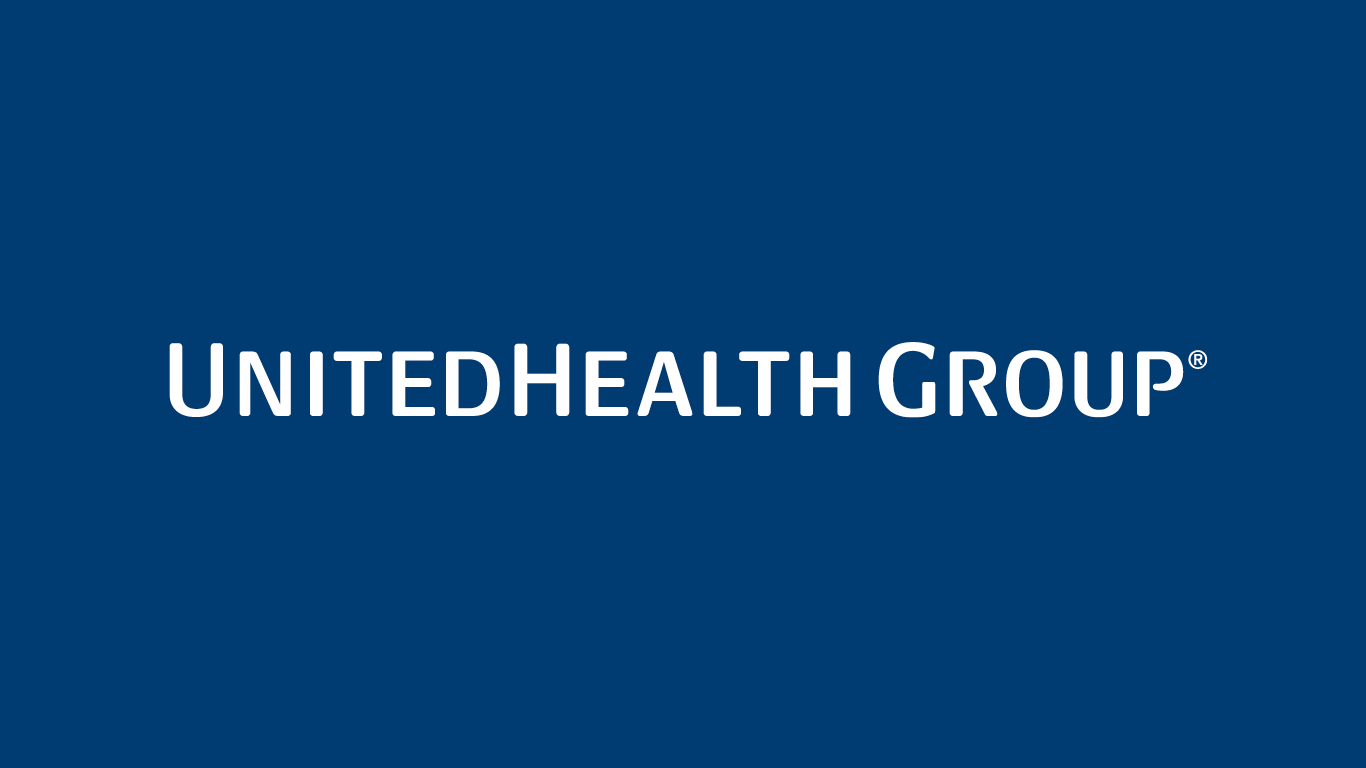Health and Healthcare
Why United Healthcare Is Paying $13 Billion for a Medtech Firm

Published:

Health insurer UnitedHealth Group Inc. (NYSE: UNH) announced Wednesday that its OptumInsight division will acquire Change Healthcare Inc. (NASDAQ: CHNG) for $25.75 per share in cash. Including Change Healthcare’s outstanding debt of around $5 billion, the value of the acquisition totals around $13 billion.
OptumInsight is the UnitedHealth segment that focuses on delivering back-office services, including distributing information on patient services and payments among insurers, health care providers and patients. The company’s Optum division has led UnitedHealth’s entry into delivering medical care directly to patients, along with offering technology and data services to other health care businesses.
[in-text-ad]
Andrew Witty, UnitedHealth’s CEO, said of the acquisition, “Together we will help streamline and inform the vital clinical, administrative and payment processes on which health care providers and payers depend to serve patients.”
Change Healthcare CEO Neil de Crescenzo, who will become the CEO of OptumInsight once the transaction closes, commented, “This opportunity is about advancing connectivity and accelerating innovations and efficiencies essential to a simpler, more intelligent and adaptive health system.”
The acquisition is expected to close in the second half of this year, subject to approval from Change Healthcare shareholders, among other things. Blackstone has agreed to vote its approximately 20% stake in Change Healthcare in favor of the deal.
With the Democratic Party within a hair of gaining control of the U.S. Senate, the possibility of a federal single-payer health care system (aka, Medicare for All) becomes more likely. A federal-backed Medicare for All option at something close to current Medicare rates would both reduce the cost of U.S. health care significantly and turn the health insurance business upside down.
But it won’t be quick or easy. Earlier this week, Berkshire Hathaway, JPMorgan and Amazon ended a joint effort announced in January of 2018 to create an independent company “free from the profit-making incentives and constraints” of a for-profit health care firm to improve health care satisfaction and lower health care costs for their employees.
In a paper published last year, Northwestern University Kellogg School professor Craig Garthwaite noted that in a sample of hospitals in 25 states, “the average hospital charged private insurers 240% more than Medicare rates.” Garthwaite notes that about 60% of health care spending goes to labor costs and, at some point, wages of medical providers will have to go down. The impact of lower pay for medical staff under a single-payer system could affect the quality of health care.
What UnitedHealth is trying to accomplish is to carve out a bigger space in the back office services that will survive a possible switch to a single-payer system. Alternatively, if Medicare for All does not materialize, the company also wins.
Change Healthcare’s stock traded up almost 32% Wednesday morning to $24.02, well above the prior 52-week range of $6.18 to $19.08.
UnitedHealth, a Dow 30 stock, traded down about 1.3% at $340.40 in a 52-week range of $187.72 to $367.95. The consensus price target on the stock is $386.65 and the company’s dividend yield is 1.45%.
Credit card companies are pulling out all the stops, with the issuers are offering insane travel rewards and perks.
We’re talking huge sign-up bonuses, points on every purchase, and benefits like lounge access, travel credits, and free hotel nights. For travelers, these rewards can add up to thousands of dollars in flights, upgrades, and luxury experiences every year.
It’s like getting paid to travel — and it’s available to qualified borrowers who know where to look.
We’ve rounded up some of the best travel credit cards on the market. Click here to see the list. Don’t miss these offers — they won’t be this good forever.
Thank you for reading! Have some feedback for us?
Contact the 24/7 Wall St. editorial team.